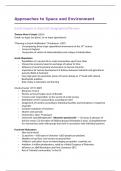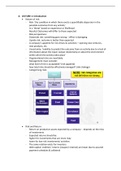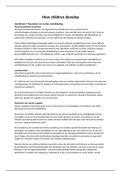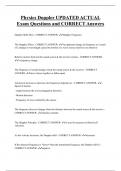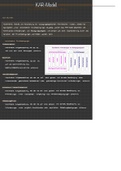Samenvatting
Samenvatting - Approaches to Space and Environment + literatuur
- Vak
- (MANBCU2028)
- Instelling
- Radboud Universiteit Nijmegen (RU)
Complete samenvatting van alle 9 hoorcolleges van het vak Approaches to Space and Environment, met daarna een samenvatting van de artikelen van Sorkin (2006), Soja (1996), Hayden (1980), Sandercock (1998), Friedmann (1987), Van der Grift (2013) en Kropotkin (1975). De samenvatting is bijna geheel i...
[Meer zien]
